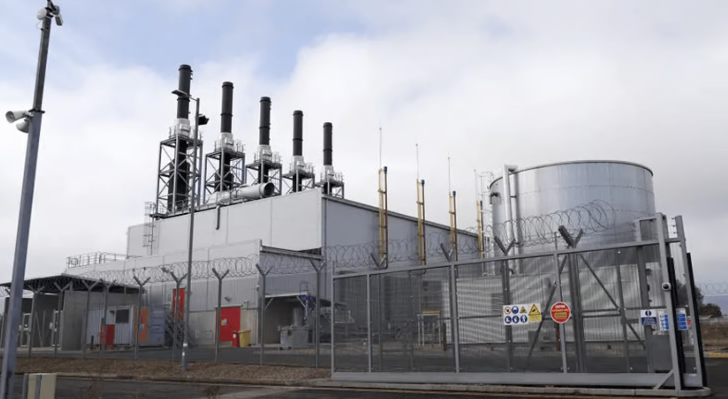
Centrica Business Solutions has started work on a 20MW hydrogen-ready gas-fired peaking plant in Worcestershire, UK.
Centrica, which will develop, operate and maintain the Redditch asset, has purchased the previously decommissioned power plant, and is set to install eight UK assembled containerised engines to burn natural gas.
Expected to be fully operational later this year, the peaking power plant will run only when there is high or peak demand for electricity, or when generation from renewables is low. The Redditch project will have the capacity to power the equivalent of 2,000 homes for a full day when required, helping to maintain stability and reliability on the grid.
The engines will also be capable of burning a blend of natural gas and hydrogen, futureproofing the site and helping the UK transition towards a decarbonised energy system.
The Redditch peaking plant is part of Centrica’s plans to deliver around 1GW of flexible energy assets, that includes the redevelopment of several legacy-owned power stations, including the transformation of the former Brigg Power Station in Lincolnshire into a battery storage asset and the first plant in the UK to be part fuelled by hydrogen.
In addition to these projects, the business also has a focus on renewable energy assets, the most recent of which is the Codford solar farm, an 18MW array in Wiltshire which once complete will be capable of powering 4,850 homes.
Gregory McKenna, Managing Director at Centrica Business Solutions, said, “As we transition to a renewable led grid, gas-fired power plants like the one at Redditch will help meet the UK’s fluctuating energy demands by providing back up power when demand cannot be met by renewable generation.
“We have ambitious plans to build out a portfolio of assets which play a critical role as the safety net for the grid. Not only does this help on the path to net zero, but it does so with long-term security of supply in mind.”
Lhyfe and Centrica recently signed a memorandum of understanding (MoU) that could accelerate green hydrogen as part of the energy transition in the UK. Under the agreement, both companies will explore combining their expertise to collaborate on a pilot green hydrogen production site in the Southern North Sea.
Renewable green hydrogen coupled with offshore wind power is expected to play an increasingly important role in the UK’s energy mix, particularly with rapid expansion expected in both sectors in the next 10 years.